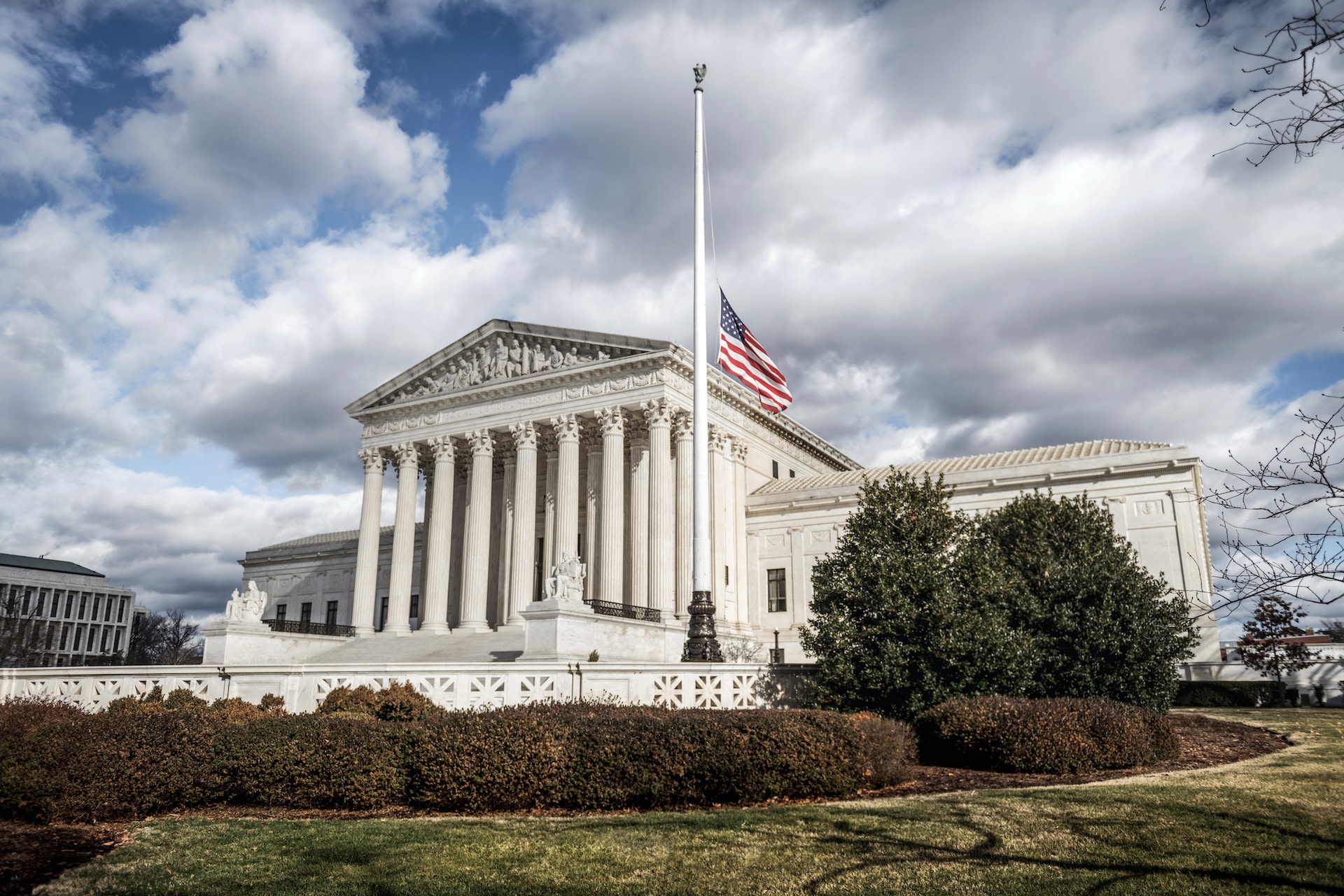New Mexico is taking a significant step forward in addressing the crisis of missing and slain Native Americans by creating a new advisory council. Governor Michelle Lujan Grisham announced the formation of this council, aimed at implementing a state plan to respond to these cases effectively.
Renewed Efforts Amid Criticism
This move comes after criticism from advocates who feared loss of momentum following the dissolution of a previous task force. The governor’s office faced renewed criticism on Tuesday, with advocates expressing concerns over stalled implementation and communication issues between law enforcement and victims’ families.
Governor’s Commitment to Coordination
Governor Lujan Grisham acknowledged the challenges and emphasized the need for improved coordination among federal, tribal, state, and local entities. “The work of this group will help bring missing Native people home, provide closure to families and communities, and prevent other families from experiencing these tragedies,” she stated.
Leadership of the Council
The council will be co-led by Pojoaque Pueblo Governor Jenelle Roybal and Picuris Pueblo Governor Craig Quanchello. The process of selecting other council members is in its final stages, though the total number of members remains unspecified.
Advocates’ Concerns
Despite the announcement, some, like attorney Darlene Gomez, are disappointed with the lack of a concrete plan. Gomez pointed out that short-term goals set in May 2022 have not been met, raising questions about the effectiveness of the state’s response.
National Context and Recommendations
The issue of violence in tribal communities is being addressed at the national level, with federal officials considering recommendations from a special commission. The U.S. Interior and Justice departments are expected to respond to these recommendations early next year.

State Initiatives and Challenges
Other states with significant Native American populations, like Arizona and Alaska, have established task forces and issued reports on missing persons. However, advocates highlight the limitations in data due to inconsistent reporting and tracking methods.
Complex Roots of the Problem
Both the federal commission’s recommendations and New Mexico’s state response plan acknowledge the deep-rooted complexity of the issue. These roots stretch back to historical policies that attempted to sever Native American and Alaska Natives’ ties to their culture and language, compounded by current public safety and health challenges.
New Mexico’s new council represents a crucial effort in a broader national movement to address the alarming rates of violence in tribal communities, aiming to bring much-needed change and hope to affected families.

